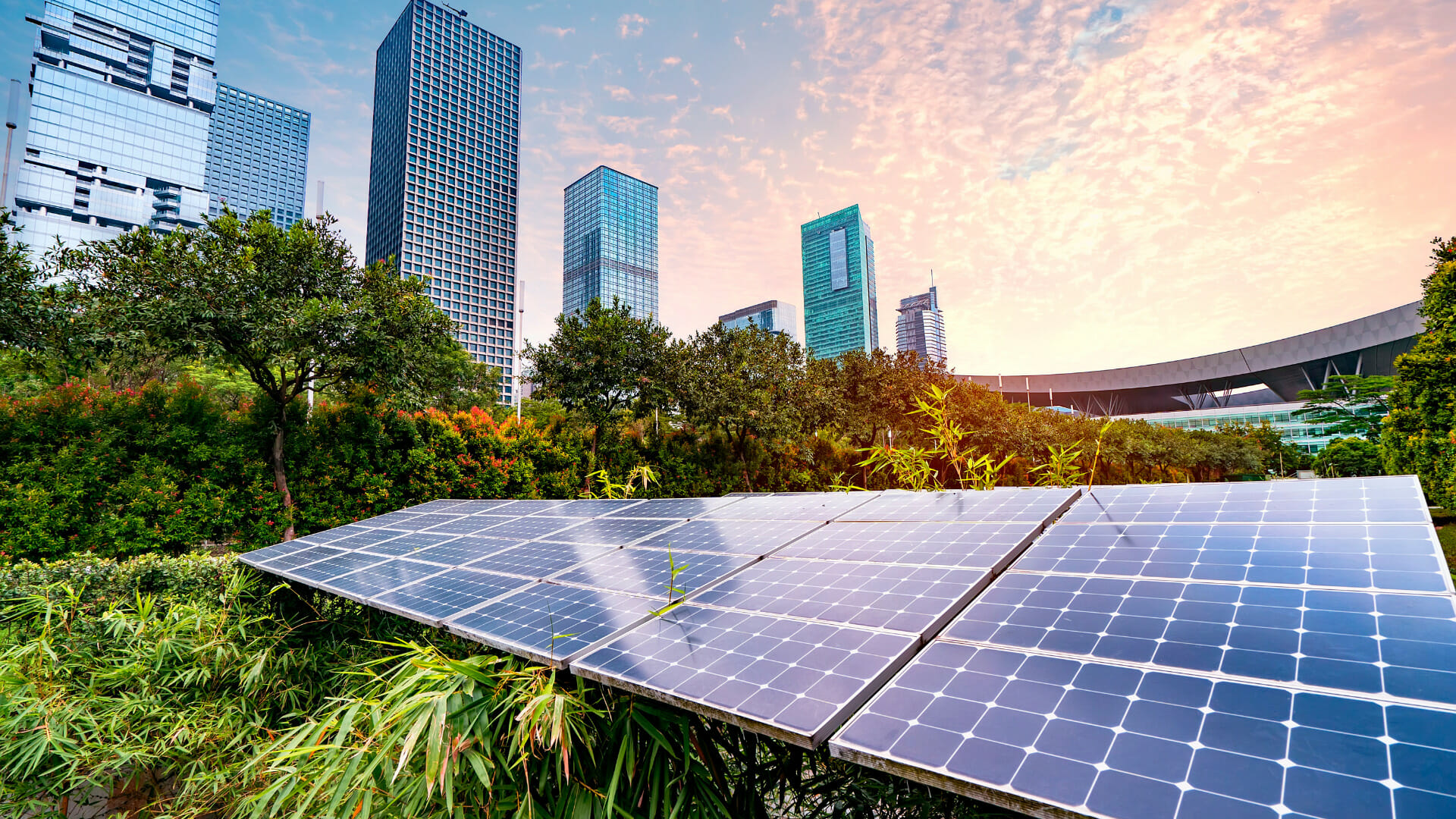In the fight against climate change, events are an often overlooked culprit. While consumer waste and car emissions steal the spotlight, the event industry leaves a significant carbon footprint behind the scenes. Keep reading to explore the world of sustainable events and discover how event planners and exhibitors can take meaningful steps to reduce their environmental impact.
Why Sustainable Events Matter
 Environmental Responsibility
Environmental Responsibility
Climate change is a global challenge that affects everyone. As an event planner, you have the power to make a difference. By prioritizing sustainable practices, you can help alleviate the effects of climate change.
Enhancing Brand Reputation
Stand out in the event planning industry and attract eco-conscious clients by making a commitment to sustainability. This not only enhances your brand reputation but also generates positive buzz through word-of-mouth marketing.
Cost Savings
Save money with sustainability measures. By implementing energy-efficient technologies and waste reduction strategies, you can decrease operating expenses and boost your bottom line.
Meeting Client Expectations
Many clients now expect event planners to prioritize sustainability and sometimes even obtain ESG (Environmental, Social, and Governance) certification. This shift reflects a growing awareness of environmental issues and a desire to make responsible choices when hosting events. Addressing the carbon footprint of your events is a pivotal step in meeting these expectations and attracting environmentally-conscious clients. In doing so, event planners can not only meet the evolving demands of their clients but also position themselves as leaders in sustainability, appealing to a broader clientele who prioritize environmentally-conscious choices.
How to Plan Sustainable Events
Planning a sustainable event today means focusing effort on organizing an event that minimizes negative environmental impacts, promotes social responsibility, and maintains economic viability. It involves implementing strategies to reduce waste, conserve resources, and promote sustainable practices throughout the event lifecycle. There’s a number of factors that go into creating a truly sustainable event, falling into a few key categories: the venue & location, exhibiting & production, and consumer experience.
Selecting Green Venues
When planning sustainable events, choosing green venues is paramount to minimizing the environmental footprint. One effective approach is to prioritize venues that hold esteemed green building certifications such as LEED or BREEAM. These certifications ensure that the event space adheres to eco-conscious principles, promoting a greener and more responsible gathering. Green venues often feature accessibility through public transportation or walking, reducing the reliance on carbon-emitting travel options and encouraging eco-friendly commuting for attendees. Additionally, they boast energy-efficient lighting, heating, and cooling systems, while also maximizing natural lighting and ventilation, not only reducing energy consumption but also creating a more comfortable and eco-friendly atmosphere. Water conservation measures are also a crucial element, with green venues typically incorporating low-flow faucets, toilets, and water refill stations, thus encouraging responsible water usage during the event. By selecting venues with these elements, event organizers can take significant strides toward hosting environmentally sustainable and responsible gatherings.
Recycling and Repurposing
Recycling and repurposing play pivotal roles in planning more sustainable events. Employing reusable or compostable materials like biodegradable plates, cups, and cutlery reduces the use of single-use plastics and lessens waste. Recycling and composting stations, equipped with clear signage, make it convenient for attendees to sort their waste properly, diverting materials away from landfills. Additionally, the practice of donating surplus food to local shelters not only reduces food waste but also offers a meaningful contribution to the community. Event signage, banners, and promotional materials can be made from recycled or eco-friendly materials – if reusable digital options such as monitors, projection, gobos or others aren’t an option. Beyond these practices, creative recycling efforts can extend to surprising areas, such as repurposing carpet padding into sound-dampening products. When all these elements are integrated into event planning, they combine to create a sustainable event that not only minimizes its environmental footprint but also contributes positively to society and the economy, showcasing the potential of sustainability as a win-win solution for both event organizers and the planet.
Sustainable Technology
Utilizing sustainable technology is a game-changer when it comes to hosting more environmentally responsible events. The significant advancements in technology have made most devices and systems, if not all, considerably more energy-efficient. For instance, the adoption of LED technology, as opposed to traditional incandescent or halogen lighting, not only enhances the quality of lighting but also drastically reduces energy consumption. Moreover, sustainable technology offers innovative ways to address the carbon footprint associated with events.
Virtual and hybrid event formats, enabled by sophisticated video conferencing and live-streaming technologies, allow for reduced travel needs, limiting the environmental impact associated with transportation. Most digital event platforms also include registration tools which will allow you to utilize mobile/digital tickets and digital apps for information and updates in place of printed handouts. While in-person experiences remain invaluable, these sustainable tech options provide flexibility and a greener alternative, demonstrating how technology can be harnessed to create more sustainable and accessible event solutions.
Consumer Experience
Consumer experience plays a pivotal role in the success of sustainable events, and effective communication and education are key components. To promote sustainability, events proactively share their green initiatives with attendees, vendors, and sponsors. They often integrate workshops, seminars, or presentations about sustainability into their program, creating valuable opportunities for attendees to expand their knowledge and embrace sustainable practices. These educational efforts not only raise awareness but also inspire individuals and organizations to take action towards a more sustainable future. By engaging and educating all stakeholders, sustainable events foster a sense of collective responsibility, ensuring that the principles of sustainability continue to resonate long after the event concludes.
Continuous Improvement
After the event, assess environmental performance and gather feedback from stakeholders to identify areas for improvement. Implement changes for future events, striving for continuous sustainability improvement.
Sustainable events are not just a trend; they are a responsible way forward for the event industry. By considering environmental, social, and economic impacts throughout the event lifecycle, we can minimize negative effects and maximize positive contributions. It’s time for event planners and exhibitors to embrace sustainable practices, reduce their carbon footprint, and pave the way for a greener, more responsible future. Together, we can make a difference, one event at a time. Check out this blog post to learn more about Bluewater’s sustainability efforts.













